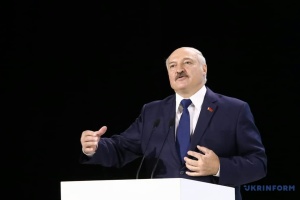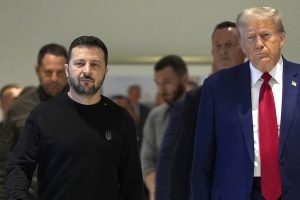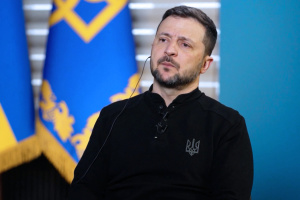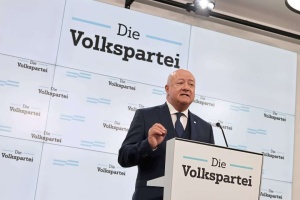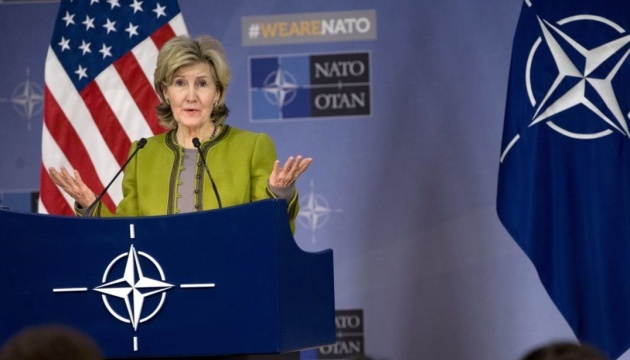
U.S. representative to NATO outlines when Ukraine will receive MAP
This was announced by Kay Bailey Hutchison, the U.S. Permanent Representative to NATO, at a special briefing on Tuesday, ahead of the meeting of NATO Defence Ministers on June 17-18.
“[Recognizing Ukraine as a NATO Enhanced Opportunity Partner] is saying that the Ukraine people are very much important to NATO, that we are going to have more interoperability, more training, more exercises… So, we stand with the Ukraine people. But this is not anything in a beginning of a MAP, and it is not anything that is saying that Ukraine would never be an ally in NATO. I hope they will be. The U.S. hopes they will be. And when the time is right, then accession and MAP plans will be on the drawing boards. We are very supportive of Ukraine,” the American diplomat said.
The U.S. Permanent Representative to NATO stressed that the development of cooperation with Ukraine and Georgia would be among the issues to be considered by the Alliance's defence ministers.
“We’ve also adopted Ukraine as an Enhanced Opportunity Partner, which Georgia already is. And what that means is that we are giving special attention and more interoperable efforts with Georgia and Ukraine and consider them our closest partners. We think that both of those countries are standing up to Russian aggression; Russia has tried to illegally take over parts of Georgia and parts of Ukraine. NATO has stood firmly for the sovereignty of those two countries, and we will continue to do so,” Hutchison stressed.
As a reminder, on June 12, Ukraine was granted the NATO Enhanced Opportunity Partner status. NATO Allies continue to encourage and support Ukraine in its reforms, including reforms in the security and defense sectors, in particular in such areas as civilian control and democratic oversight, as well as the fight against corruption.
NATO launched the Enhanced Opportunity Partner program in 2014. Sweden, Finland, Australia, Georgia, and Jordan have already joined it.
The program aims to help participants increase the interoperability of their troops with NATO forces.
ol

